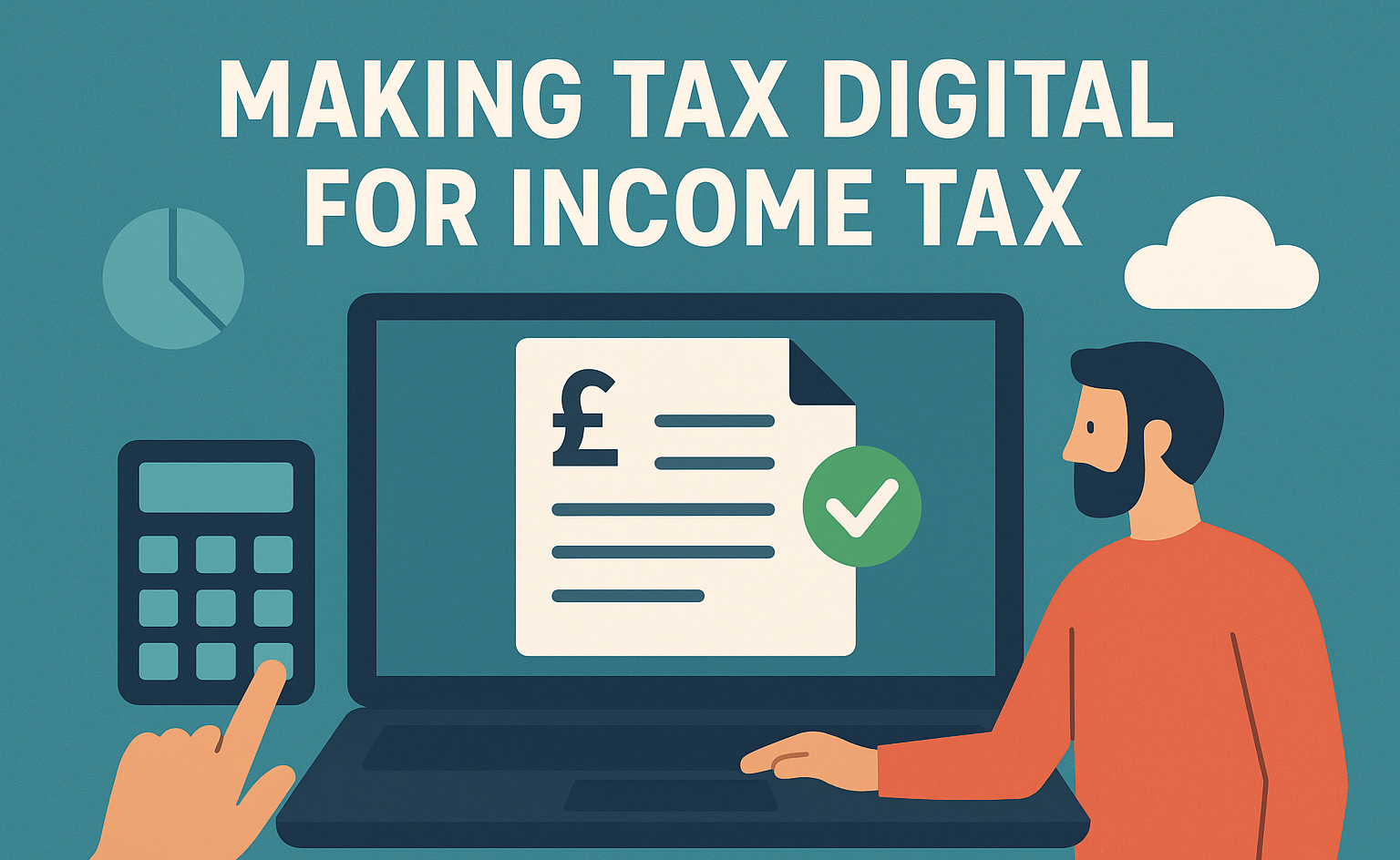October Insights
October Insights
1. Check your state pension entitlement
The current State Pension is £11,502 and is due to rise to around £12,000 a year for 2025/26, so it’s important to maximise your entitlement.
In order to receive a full State Pension you need 35 qualifying years, but is it worth topping up voluntary Class 3 National Insurance contributions in respect of missing years? This is a financial decision but there is a short breakeven period. It is around 3 years for employees and even shorter for the self-employed who can pay Class 2 contributions for missing years. You can also get credit for missing years if you were not working because of bringing up children.
Employees need to make Class 3 contributions of £824.20 or £907.40 a year for extra years which yields £302.86 a year in additional annual state pension. Self-employed individuals can pay Class 2 contributions at the rate of £179.40 for each missing year to yield £302.86 per annum.
Normally you can only go back six years to make up missing contributions but there is currently an opportunity to fill up missing years going back to 2006/07 – note that the deadline for the extended carry back is 5 April 2025.
2. Should we bring forward asset disposals before budget day?
Capital Gains Tax changes normally take effect from 6 April, but there have been mid-year changes in the past. This possibility has caused many taxpayers to bring forward disposals to take advantage of the current rates. The disposal date for CGT is the date of unconditional exchange of contracts and there is likely to be anti-forestalling legislation to counteract attempts to artificially bring forward the disposal date. There is still time to sell listed investments before 30 October but other assets such as a business or property typically take a lot longer to sell unless a buyer is already lined up
3. Beware 'Bed & Breakfast' anti-avoidance
Many investors may be looking to realise capital gains on their investments at the current rates, just in case there is an increase with effect from 30 October 2024. They may then wish to repurchase those investments after the change in rates to retain the balance of investments in their portfolio. Where the same shares and securities are bought back within 30 days of the date of disposal, the shares bought back would be matched with those sold and the desired capital gain and increase in base cost may be negated.
For example, if 1000 shares in A plc were bought for £2 a share several years ago and are sold on 29 October 2024 for £4.50 a share there would be an apparent £2,500 capital gain, potentially tax free if the £3,000 2024/25 CGT annual exemption is unused. However, if the same class of shares in A plc are purchased on say 5 November 2024 for £4.45 a share there would be a £50 capital loss instead of the desired capital gain and the base cost would remain at £2 a share. This is because the repurchase is within 30 days.
An alternative strategy would be for the taxpayer’s spouse to repurchase the shares (“bed and spousing”) or to repurchase the shares in the taxpayer’s ISA or pension fund.
4. New apprenticeship reforms: What they mean for your business
The government has announced some reforms to the apprenticeship system in England, which could bring some exciting opportunities for business owners. These reforms, aimed at boosting young people’s access to apprenticeships, come with a new "growth and skills levy" that will replace the existing apprenticeship levy.
Here’s what you need to know, and how this could benefit your business.
Understanding the new growth and skills levy
This new levy is designed to give businesses more flexibility when it comes to taking on and training new apprentices. Under the current system, apprenticeships have to last at least 12 months, which may not always suit your business needs.
Under the new system, funding for shorter apprenticeships will be possible. This flexibility means you’ll be able to offer training programmes that suit both the needs of your business and the learning speed of your staff. This may mean being able to get new staff members up and running quicker, while still providing them with valuable skills training.
New foundation apprenticeships
Another key part of the reforms is the introduction of "foundation apprenticeships." These new apprenticeships are aimed at giving young people a better start in certain critical sectors so that they can earn a wage while developing skills at the same time.
What does this mean for your existing apprenticeship plans?
To raise the funds required under the new system, employers will be asked to rebalance their apprenticeship funding and invest in younger workers. Businesses will need to fund more of their level 7 apprenticeships (those at the master’s degree level) outside of the levy. These high-level apprenticeships are typically accessed by older or already well-qualified employees.
If you rely on level 7 apprenticeships in your business, it’s worth looking ahead and planning how you might adjust your budget to cover more of these costs yourself.
What does Skills England’s report mean for you?
Skills England has also published its first report, which highlights the skills gaps currently facing the UK economy. According to the report, employer investment in training has declined over the past decade. Investment per employee is down by 19% in real terms since 2011.
The report also shows that 1 in 10 jobs are now in "critical demand" with more than 90% of these jobs requiring training or education.
This report could act as a wake-up call for many businesses. With fewer people investing in training, those who do could gain a clear advantage in filling critical roles. By taking advantage of these new apprenticeship reforms, you could be ahead of the curve, helping your business secure the skilled workers it needs for long-term success.
With these changes on the horizon, it’s worth keeping an eye on further announcements from the Department for Education for specific details on how the new system will work. But in the meantime, if you’re looking to grow your team or upskill your workforce, these apprenticeship reforms could be the perfect opportunity to get started.
5. Chancellor backs new taskforce to support female entrepreneurs
The Chancellor of the Exchequer, Rachel Reeves, has pledged her support to the Invest in Women Taskforce, a new initiative aimed at increasing funding for female-founded businesses. The Taskforce aims to create a £250 million investment pool, making it one of the largest of its kind worldwide.
This move follows the Rose Review, which highlighted a £250 billion economic boost if women started and scaled businesses at the same rate as men. Despite women making up over half the UK’s population, they currently own only 21% of businesses.
The announcement coincides with International Equal Pay Day and is part of broader efforts, such as the Investing in Women Code, to address the financial barriers female entrepreneurs face.
For women business owners or those looking to start, the Taskforce could lead to more opportunities for investment and growth, as the government seeks to encourage more equal representation in entrepreneurship.










